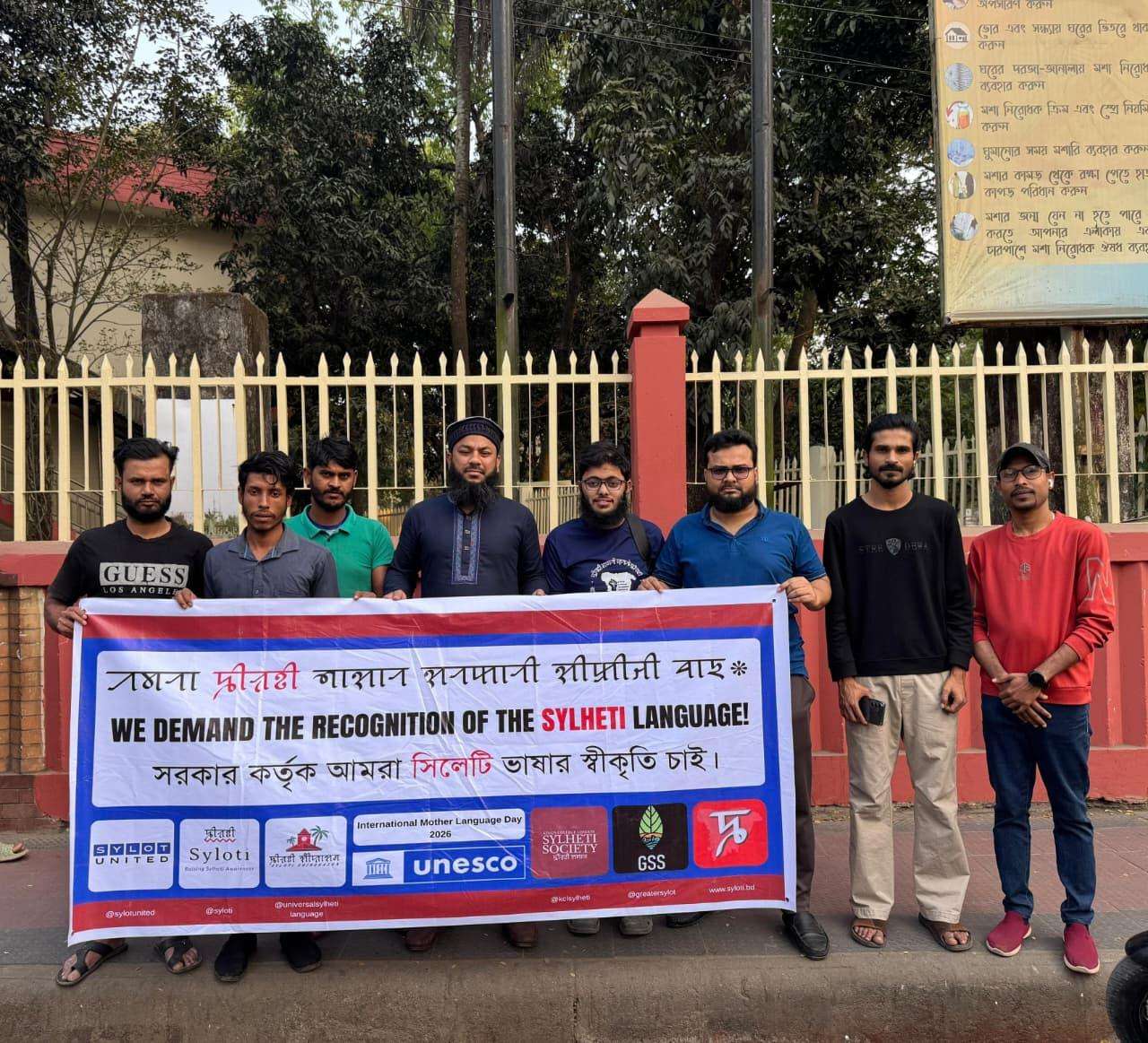The visit of Indian Foreign Secretary Vikram Misri to Bangladesh shows that New Delhi intends to engage with Dhaka at economic, cultural, social and of course in political levels as both Bangladesh and India are closed and important neighbours, said diplomats, policy makers, business leaders and cultural personalities.
The relations with India during the tenure of military rulers like General Ziaur Rahman and General Hossain Mohammad Ershad and even Begum Zia never suffered like the relations suffered with India after dictator Prime Minister Sheikh Hasina quit the power on August 5, 2024 through student-led mass uprising.
The visit of Indian Foreign Secretary Vikram Misri to Bangladesh can be termed a ‘goodwill gesture’ of the Indian government to maintain engagement with Bangladesh at various levels, said Bangladesh diplomats who worked in Bangladesh missions in Kolkata, New Delhi, Mumbai and Agartola over the years.
A senior diplomat who worked in Washington DC, Canberra and New Delhi said that Bangladesh’s relations with India will go through a new phase under the leadership of Indian Prime Minister Narendra Modi.
He said diplomats of Bangladesh and India lost virtually their independence, creativity, identity and innovation under the tenure of Sheikh Hasina and Narendra Modi.
He said Indian diplomats until the Prime Minister Narendra Modi came to power in 2014 had maneuvering capacity with the political leadership that has been lost during the current ruleof BJP rule.
The Indian diplomats and bureaucrats are heavily impacted by the “Hindutva policy” that is also expressed during the recent incidents, said a Bangladesh diplomat.
Now Sheikh Hasina is out of power and Indian Prime Minister Narendra Modi is taking a tight trip on the Indian politics and bureaucracy, no major change is unlikely to happen in the short term or at least a new elected political government comes in scenario, said a high official of the Ministry of Foreign Affairs.
The Dhaka-New Delhi FS talks have been held in a very ‘conservative, protective, rustic and tense environment that never happened between the two countries in the last 30 years, ' said a number of Bangladesh diplomats who worked in Bangladesh missions in Kolkata and New Delhi.
India has openly expressed deep concern over protection of Hindu minorities, vandalism of Indian diplomatic, cultural and religious establishments (Indira Gandhi Cultural Centre at Dhanmondi was damaged on August 5, 2024 when Sheikh Hasina quit the power and left the country), security issues of Indian diplomats and Indian citizens working in Bangladesh.
The statements and expressions of both Bangladesh and Indian diplomats show that “political prescriptions’ highly impacted the FS level talks that in the short term is unlikely to give positive results in the interest of citizens of both countries.
Sources said India is unlikely to speed up the visa process very soon in case of Bangladeshi citizens as ‘South Block” will continue to put pressure on the interim government of Professor Mohammad Yunus until the new elected government.
The toxic relations between Dhaka and New Delhi and the Indian propaganda against Bangladesh are unlikely to be subsidized unless a ‘subservient government’ is established in this country, said diplomats and policy-makers who have ground-experience of working with Indian diplomats and policy-makers both in India and Bangladesh.
This was the first visit of a secretary-level Indian government official since the fall of the Awami League government and the ouster of dictator Sheikh Hasina, who has been staying in India since 5 August. Sources said that Dhaka is expected to clear its position on the overall situation to New Delhi and will urge the ‘South Bloc’ to work on improving the relations.
Sources in India said that the mainstream opposition political parties are now supplementing the ‘Hindutva policy’ to attract Indian voters as the Bharatiya Janata Party(BJP) in a planned way is pursuing this policy to gain political support.
Sources said India has bitter relations with rest South Asian countries like Pakistan, Nepal, Sri Lanka, the Maldives and Bhutan and after August 5, 2024, relations with Bangladesh has reached to the toxic level.
Sheikh Hasina, the long-serving Prime Minister of Bangladesh, stepped down on August 5, 2024 and left the country amid massive student protests, leaving the economy of Bangladesh into a total mess.
The Indian interest of holding FS level meeting in Dhaka is one positive signal that New Delhi has an intention of giving total legitimacy to the interim government and regrouping and rebuilding the relations, said a senior Bangladesh diplomat who worked in East Asia, Asia Pacific and USA as a top level diplomat.
The subservient ‘Foreign Policy’ of Bangladesh, specially during tenure of Bangladesh Awami League and interim government during 2007-2008 gave the neighboring country an upper hand over Bangladesh over national and regional issues, said a Bangladesh diplomat who served one of the powerful nations in recent years.
Former Prime Minister Sheikh Hasina during her tenure (2009-2023) basically served the interest of India ignoring the interest of Bangladesh, said a Mofa official.
Indian Foreign Secretary Vikram Misri arrived in Dhaka Monday on an Indian Air Force aircraft amid ongoing strained relations between the neighbours.
Misri, landed shortly after 8:30 am, is set to join the foreign secretary level Foreign Office Consultation (FOC) with Bangladesh Foreign Secretary Md. Jashim Uddin on Monday.
This marks the first high-level official meeting between Bangladesh and India since the fall of the Sheikh Hasina-led Awami League government.
Upon his arrival in Dhaka, Misri was welcomed by Bangladesh Foreign Ministry's Director General (South Asia Division) Ishrat Jahan while Indian High Commissioner to Bangladesh Pranay Verrma was present.
This is Misri's first visit to Bangladesh as the Indian Foreign Secretary.
Meanwhile, Bangladesh’s foreign secretary Mohammad Jashim Uddin on Monday said Dhaka expected New Delhi’s active cooperation for halting “negative campaign” in India to build trust among the people of the two countries during the one-day foreign office consultation (FOC) with India.
“We drew their (India’s) attention and sought appropriate steps regarding dissemination of misleading and false information in Indian media about Bangladesh’s July-August revolution and alleged hostile attitude to the minority communities here in the post-revolution period,” he said.
Jashim Uddin said Dhaka simultaneously strongly stated that followers of all faiths in Bangladesh were performing their rituals freely and there was no scope for any propaganda on that matter while the interim government also called upon the foreign media to witness the scenario on ground.
“At the same time, we said in no country is expected to interfere in the internal affair of ours and reminded (India) that Bangladesh refrains from commenting on internal affairs of other countries and they should as well show the identical respect for us”.
Jashim Uddin’s comment came visibly in reference to India’s recent statements after the arrest and denial of bail of Hindu monk Chinmoy Krishna Das demonstrations in various parts of India and an attack on the Bangladesh mission in Agartala as well.
The foreign secretary said, “Zero killing” on the borders with India was a priority issue as every life is valuable and “one life is too many”.
“We have requested Indian government to take visible and effective steps towards that end,” he added.
Jashim Uddin said being Bangladesh’s closest neighbour, relation with India was “historic” and both sides agreed to carry it forward in a “free, frank and candid” discussion.
He said Dhaka expected resolution of all “unsettled issues” with India in quickest possible time and sought their cooperation expressing the desire to work together in that regard.
According to the statement the issues of common rivers received an extra importance during the FOC when Bangladesh stressed inking of Teesta water sharing deal alongside renewal of the Ganges Water Treaty, which would expire in 2026.
Dhaka, it said, also sought finalisation of treaties over other common rivers and expected India’s cooperation in sharing flood warning data and flood management.
“India is one of our biggest trade partners. We have stressed removal of existing tariff and non-tariff barriers. We have requested them for undisrupted supply of essential commodities from India,” the foreign secretary said.
Jashim Uddin said his counterpart invited him to join the next FOC in New Delhi in a mutually convenient time.
– India said it wanted to continue mutually beneficial relationship with Dhaka with its external affairs secretary Vikram Misri saying Delhi found no reason for disruption of the ties with Bangladesh’s August political change.
“Since the political change in Bangladesh in August this year there were of course contacts between our leaderships,” Misri said in a media briefing after a secretary-level foreign office consultation (FOC) with his Bangladesh counterpart Mohammad Jashim Uddin.
He added: “The Prime Minister (Narendra Modi) was the first world leader to call the Chief Adviser (of Bangladesh’s interim government Professor Muhammad Yunus) on his assumption of office. They had a very cordial telephonic discussion.”
The top external affairs ministry bureaucrat said, "There is no reason why this mutually-beneficial cooperation should not continue to deliver in the interest of both our peoples" adding that Delhi was keen to work closely with Bangladesh’s interim government.
"We continue to see in the future this relationship as a people-centric and people-oriented relation one that has the benefits of all the people as its central motivational force," he added.
Misri said the relationship was reflected on a daily basis, in the development projects executed on the ground with Indian assistance and reflected in mutually-beneficial engagements in areas including trade, commerce, connectivity, water and energy.
He described his talks with Mohammad Jashim Uddin as “frank, friendly, constructive and cordial” as the FOC allowed them to “take stock of our relations and I appreciate the opportunity” while India now was looking for a forward-looking moving and “positive, constructive, and mutually beneficial relationship” with Bangladesh.
Misri, however, said they had discussed recent issues and conveyed concern, regarding issues related to the safety of minorities in Bangladesh when “I conveyed the concerns, including those related to the safety, security and welfare of the minorities".
The Indian external affairs secretary said the FOC also discussed some regrettable incidents of “attacks on cultural, religious, and diplomatic properties”, an apparent reference to the attack on Bangladesh’s Agartala mission and desecration of its national flag in Kolkata’s deputy high commission.
"We expect overall constructive approach on all these issues by the Bangladesh authorities and we look forward to moving the relationship forward in a positive, forward looking and constructive direction," he said.
Meanwhile, India is eager to clear the cloud formed in the sky of Bangladesh-India relations after the fall of ousted Sheikh Hasina government on August 5, Environment, Forest and Climate Change Adviser Syeda Rizwana Hasan said here.
Talking to reporters in front of State Guest House Jamuna here after the Indian External Affairs Secretary Vikram Misri’s meeting with Chief Adviser Professor Muhammad Yunus, she (Rizwana) said during the meeting, the Indian secretary mentioned that the cloud formed in the sky of Bangladesh-India relations should be removed.
About the propaganda being spread by a section of Indian media against Bangladesh, she said the Indian foreign secretary claimed that the Indian government is not responsible for the propaganda and it is not carrying out the propaganda too.
The Indian side also claimed that their government did not own the propaganda, the environment adviser said.
Referring to issuing Indian visas to Bangladeshis, she said Vikram Misri has assured that steps would be taken to increase the number of Indian visas for Bangladeshi nationals.
Rizwana said India expressed its interest to boost bilateral ties with Bangladesh and willing to work on issues related to mutual interest.
She said Dhaka clearly expressed its concern to the Indian delegates over the statements that ousted prime minister Sheikh Hasina is delivering from India to destabilize Bangladesh.
– India today said it wanted to continue mutually beneficial relationship with Dhaka with its external affairs secretary Vikram Misri saying Delhi found no reason for disruption of the ties with Bangladesh’s August political change.
“Since the political change in Bangladesh in August this year there were of course contacts between our leaderships,” Misri said in a media briefing after a secretary-level foreign office consultation (FOC) with his Bangladesh counterpart Mohammad Jashim Uddin.
He added: “The Prime Minister (Narendra Modi) was the first world leader to call the Chief Adviser (of Bangladesh’s interim government Professor Muhammad Yunus) on his assumption of office. They had a very cordial telephonic discussion.”
The top external affairs ministry bureaucrat said, "There is no reason why this mutually-beneficial cooperation should not continue to deliver in the interest of both our peoples" adding that Delhi was keen to work closely with Bangladesh’s interim government.
"We continue to see in the future this relationship as a people-centric and people-oriented relation one that has the benefits of all the people as its central motivational force," he added.
Misri said the relationship was reflected on a daily basis, in the development projects executed on the ground with Indian assistance and reflected in mutually-beneficial engagements in areas including trade, commerce, connectivity, water and energy.
He described his talks with Mohammad Jashim Uddin as “frank, friendly, constructive and cordial” as the FOC allowed them to “take stock of our relations and I appreciate the opportunity” while India now was looking for a forward-looking moving and “positive, constructive, and mutually beneficial relationship” with Bangladesh.
Misri, however, said they had discussed recent issues and conveyed concern, regarding issues related to the safety of minorities in Bangladesh when “I conveyed the concerns, including those related to the safety, security and welfare of the minorities".
The Indian external affairs secretary said the FOC also discussed some regrettable incidents of “attacks on cultural, religious, and diplomatic properties”, an apparent reference to the attack on Bangladesh’s Agartala mission and desecration of its national flag in Kolkata’s deputy high commission.
"We expect overall constructive approach on all these issues by the Bangladesh authorities and we look forward to moving the relationship forward in a positive, forward looking and constructive direction," he said.
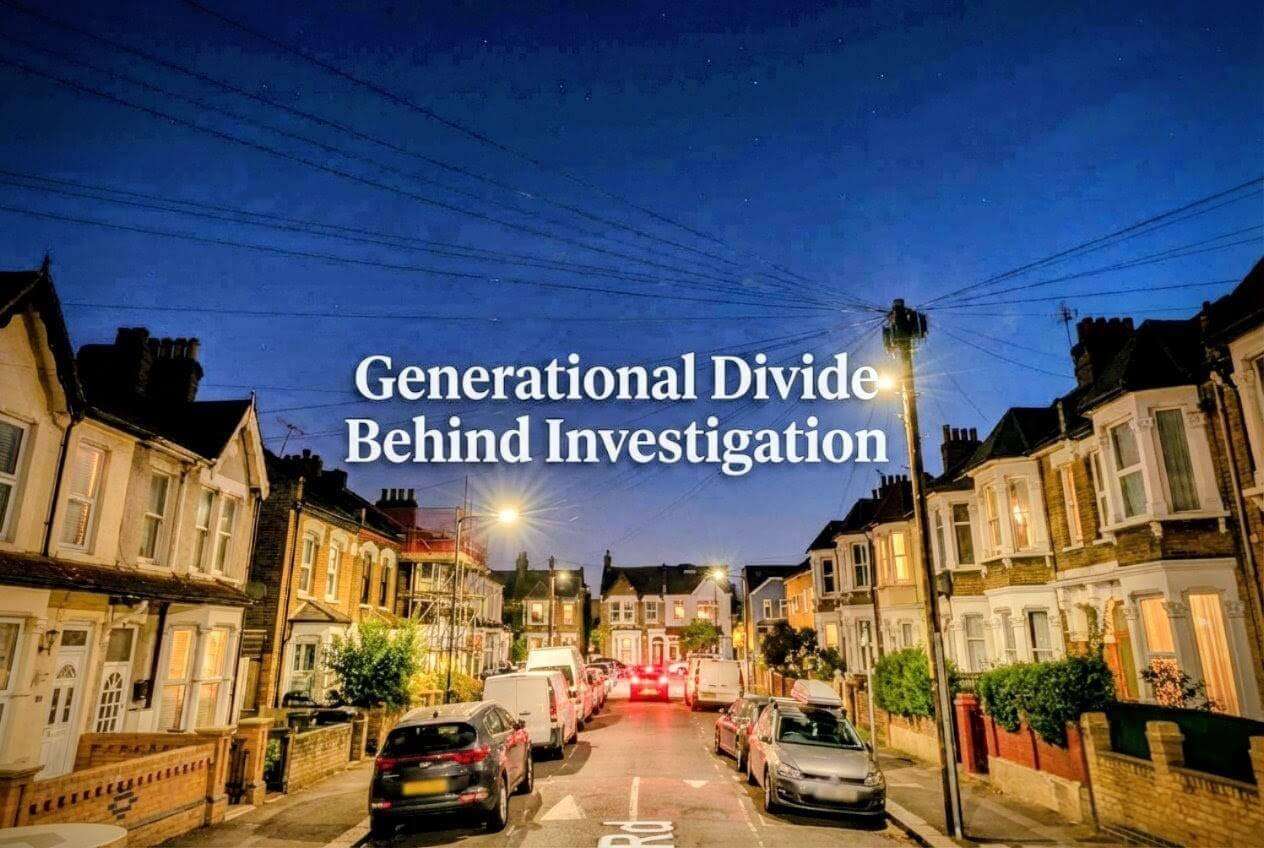
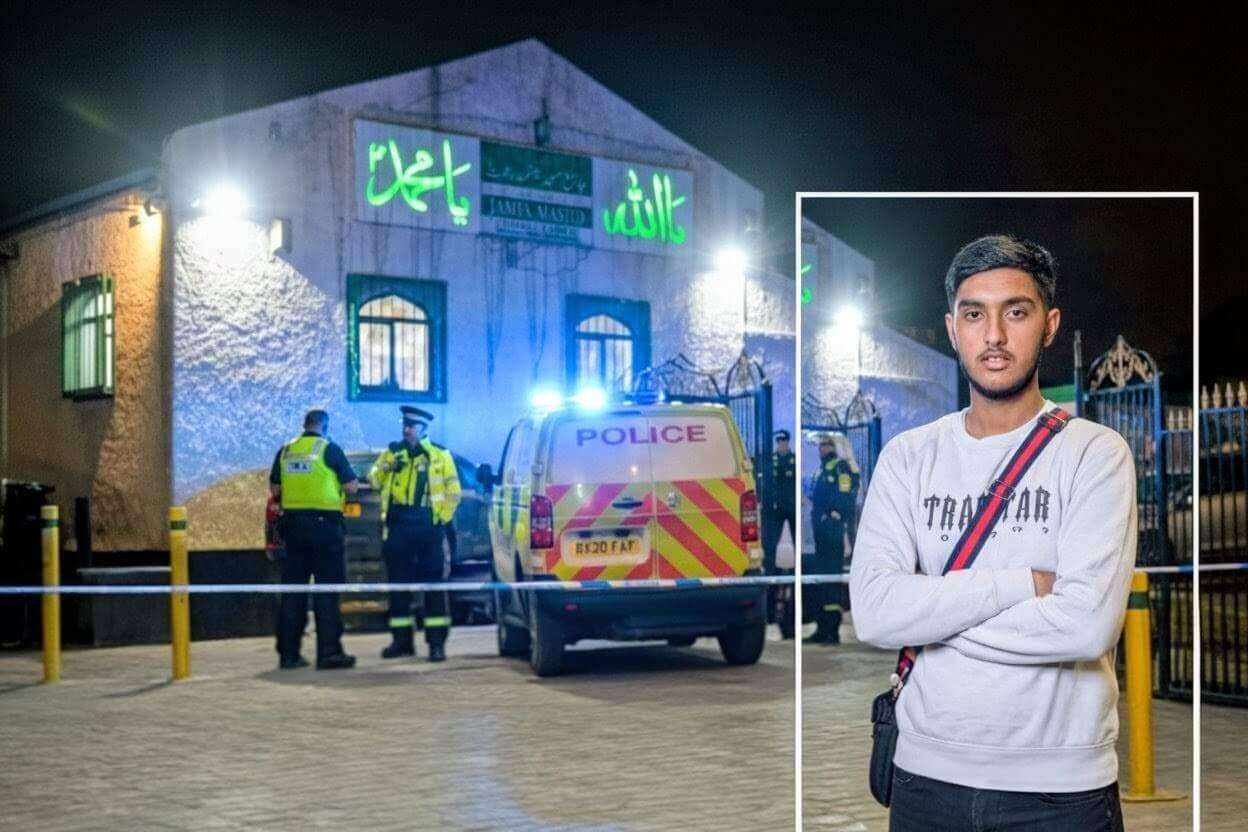
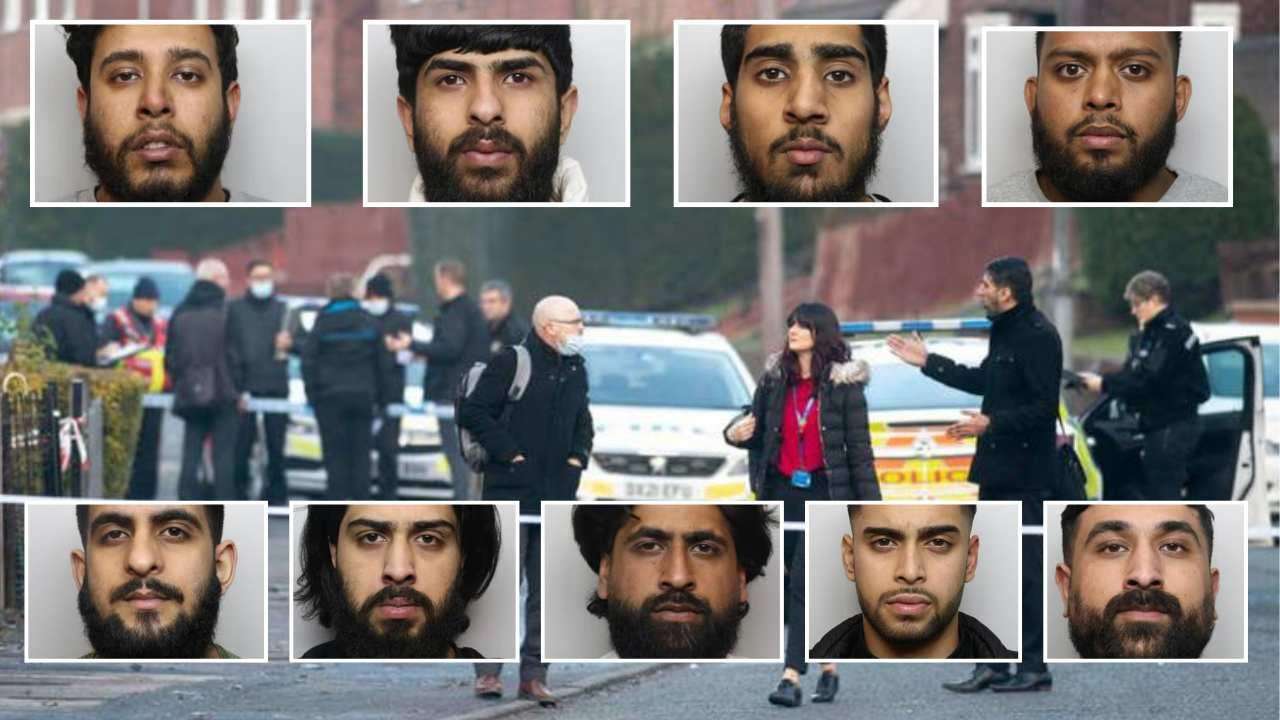
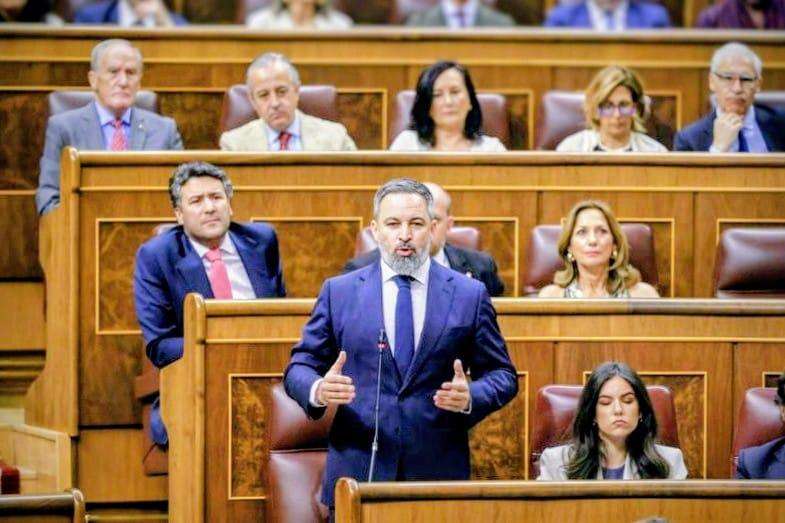



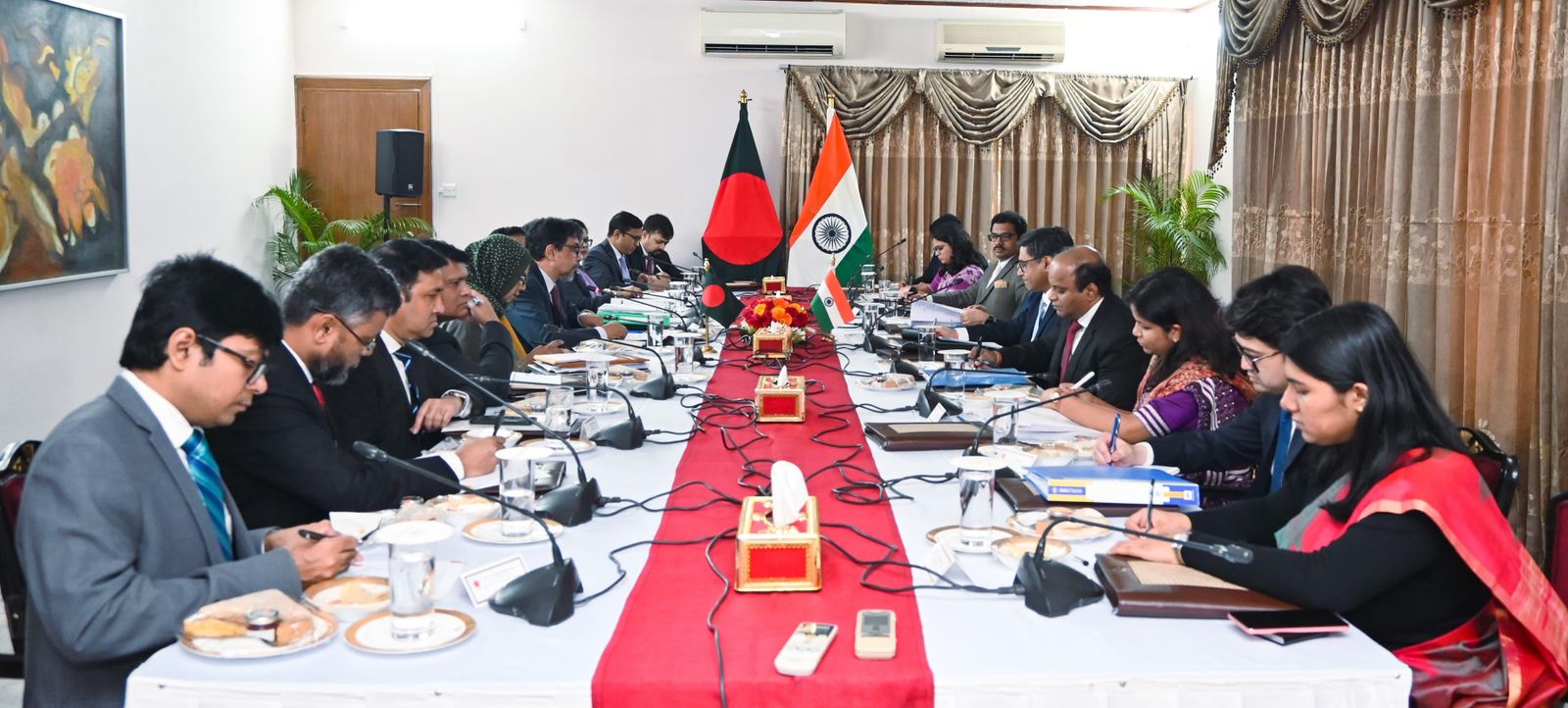
.svg)

